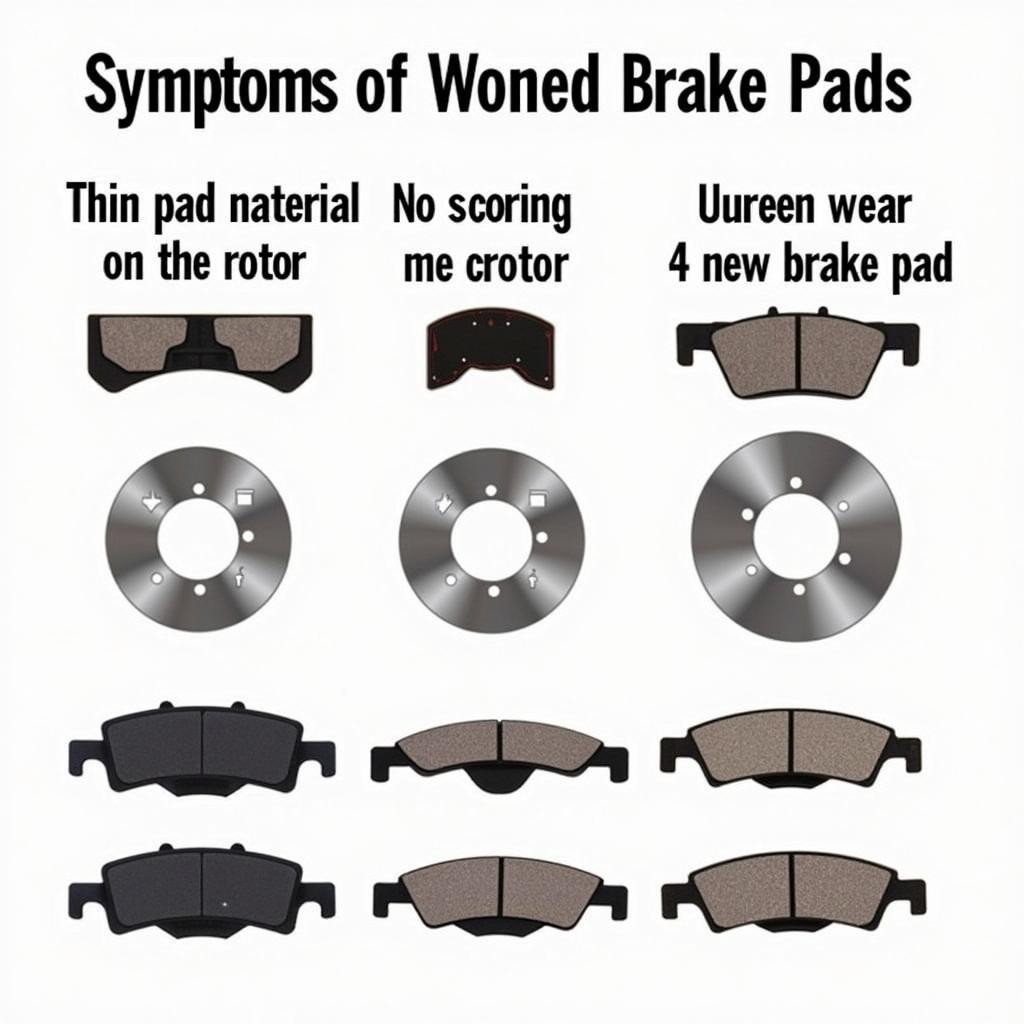Maintaining your car can feel like a chore, and sometimes you might question if following the recommended maintenance schedule is really necessary. Is it just a way for dealerships and mechanics to make more money, or is there a real benefit to sticking to the plan? The truth is, adhering to your car’s recommended maintenance schedule is crucial for its longevity, performance, and safety.
Similar to car maintenance monthly, following a regular schedule can save you money in the long run. Ignoring those seemingly small maintenance tasks can lead to bigger, more expensive problems down the road. From oil changes to tire rotations, each item on the maintenance schedule plays a vital role in keeping your car running smoothly and safely. But what exactly does that entail, and why is it so important?
Understanding Your Car’s Maintenance Schedule
Your car’s maintenance schedule is a roadmap to its long-term health. It outlines specific services and inspections at predetermined intervals, typically based on mileage or time. This schedule is designed by the manufacturer based on extensive testing and engineering, ensuring that each component receives the necessary attention to prevent premature wear and tear. These schedules aren’t arbitrary; they’re based on the expected lifespan of various parts and the conditions they’re likely to encounter.
Why is Following the Maintenance Schedule Important?
Following the recommended maintenance schedule offers several significant benefits:
- Increased Reliability: Regular maintenance helps prevent unexpected breakdowns and keeps your car running smoothly.
- Enhanced Safety: Routine inspections can identify potential safety hazards, such as worn brakes or tires, before they become critical issues.
- Improved Fuel Efficiency: Proper maintenance, like regular air filter changes and spark plug replacements, can optimize fuel economy.
- Extended Vehicle Lifespan: By addressing minor issues early on, you can prevent them from developing into major problems that shorten your car’s life.
- Higher Resale Value: A well-maintained vehicle with a complete service history commands a higher price when you decide to sell or trade it in.
What Happens if You Don’t Follow the Maintenance Schedule?
While skipping a few minor maintenance tasks might not seem like a big deal, it can have a cumulative effect over time. Neglecting regular oil changes can lead to engine damage, while ignoring worn brake pads can compromise your safety. These seemingly small oversights can snowball into costly repairs and potentially dangerous driving situations.
Common Misconceptions about Car Maintenance
- “Modern cars don’t need as much maintenance.” While advancements in automotive technology have improved reliability, regular maintenance is still essential.
- “I can just wait until something breaks.” This reactive approach can lead to more extensive and expensive damage than preventative maintenance.
- “Maintenance is too expensive.” While there are costs associated with maintenance, they are typically far less than the cost of major repairs or replacements.
This is similar to my car says oil maintenance required, addressing the issue promptly is key. Don’t ignore those warning lights or postpone necessary maintenance.
How to Stay on Track with Your Car’s Maintenance Schedule
Staying on top of your car’s maintenance can seem daunting, but there are simple ways to make it easier:
- Consult Your Owner’s Manual: Your owner’s manual is the definitive guide to your car’s specific maintenance needs.
- Set Reminders: Use your phone’s calendar or a dedicated app to schedule maintenance appointments and reminders.
- Find a Trusted Mechanic: Establishing a relationship with a reliable mechanic can ensure that your car receives the proper care.
- Keep Records: Maintain a detailed record of all maintenance performed on your vehicle.
Much like the information found on maintenance chart for cars triton 6.8l v10, keeping track of your specific vehicle’s needs is vital. Don’t rely on generic advice; tailor your approach to your specific make and model.
John Smith, a certified automotive technician with over 20 years of experience, says, “Following the recommended maintenance schedule is like investing in your car’s future. It’s the best way to protect your investment and ensure its longevity.”
Is it Ever Okay to Deviate from the Schedule?
While it’s generally best to adhere to the recommended schedule, there might be situations where slight adjustments are acceptable. For example, if you primarily drive short distances in stop-and-go traffic, you might need more frequent oil changes than the schedule suggests. Consult with your mechanic to determine if any modifications are necessary based on your driving habits and conditions.
Maria Garcia, a lead engineer at a major automotive manufacturer, adds, “The recommended maintenance schedule is a guideline, not a rigid rule. It’s important to consider your individual driving conditions and adjust accordingly.” This sentiment resonates with the concept of cng car maintenance cost where specific fuel types influence maintenance procedures.
In conclusion, following your car’s recommended maintenance schedule is a crucial investment in its performance, longevity, and safety. While it might seem like an added expense, preventative maintenance is far more cost-effective than dealing with major repairs down the road. By adhering to the schedule and addressing minor issues early on, you can keep your car running smoothly for years to come. We encourage you to connect with us for further assistance. You can reach AutoTipPro at +1 (641) 206-8880 or visit our office at 500 N St Mary’s St, San Antonio, TX 78205, United States.
FAQ
- Where can I find my car’s recommended maintenance schedule? Your owner’s manual is the best source for this information.
- What if I miss a scheduled maintenance item? Contact your mechanic as soon as possible to reschedule and discuss any potential concerns.
- Is it necessary to follow the schedule if I don’t drive my car very often? Even if you don’t drive frequently, time-based maintenance items, such as fluid changes, are still important.
- Can I perform maintenance myself? While some basic tasks can be done at home, it’s best to leave more complex procedures to a qualified mechanic.
- How can I find a trustworthy mechanic? Ask for recommendations from friends, family, or online communities.
- What should I do if my car develops a problem between scheduled maintenance visits? Contact your mechanic immediately to schedule an inspection.
- How often should I have my car’s tires rotated? Consult your owner’s manual for the recommended tire rotation interval.






Leave a Reply